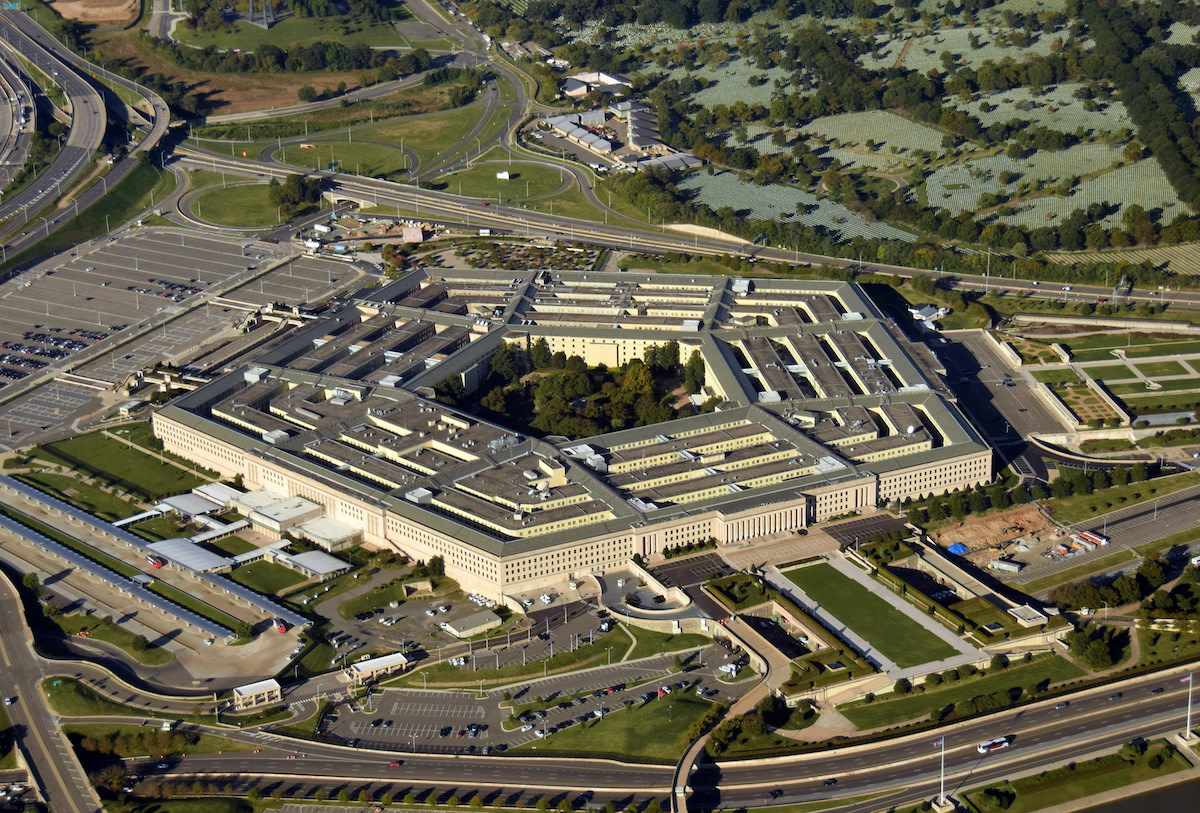What Does the Secretary of Defense Do?
Written by MasterClass
Last updated: Sep 6, 2022 • 3 min read
The United States secretary of defense is a federal government official who oversees the nation's armed forces and reports directly to the military's commander-in-chief, the president.
Learn From the Best
A Brief History of the Office of Secretary of Defense
The office of the secretary of defense grew out of the National Security Act of 1947. The role is one of the most important in the executive branch, along with the secretary of state and the attorney general.
- Secretary of war: Prior to the act's enactment, the secretary of war, a position that dates back to George Washington's first cabinet in 1789, handled most of the defense secretary’s duties. The act also created the National Military Establishment (NME), which became the Department of Defense (DOD) two years later. World War II was the final war to be overseen by the Department of War; all subsequent military conflicts have been the purview of the Department of Defense.
- Managing US military: From the inception of the office, the secretary of defense has overseen all aspects of US military forces, including the Army, the Navy, the Marine Corps, the Air Force, and the National Guard. (The Coast Guard also plays a role in national defense, but it falls under the jurisdiction of the Department of Homeland Security.)
- Government approval: The secretary of defense is a member of the president's cabinet, approved through a majority vote in the Senate. Secretaries of defense must be civilians as opposed to military service members; active duty military personnel must wait seven years after discharge before serving as secretary. However, some nominees with recent military service—including James Mattis in the Donald Trump Administration and Lloyd J. Austin III in President Joe Biden’s administration—received waivers, allowing them to serve in the role earlier.
What Does the Secretary of Defense Do?
The secretary of defense works alongside the deputy secretary of defense, the chairman of the joint chiefs of staff, the under secretary of defense, among other roles. The person in this role has a broad portfolio within the executive department. Here are a few of the secretary of defense’s duties:
- Second in the chain of command: In the military chain of command, the secretary of defense is second only to the president. Even the highest-ranking military officer, the chairman of the Joint Chiefs of Staff, must defer to the president (via the secretary of defense) when conducting military operations.
- Crafting national defense policy: The secretary of defense works in concert with the White House and Congress to develop military initiatives as part of a broader foreign policy.
- Managing the Pentagon: All military departments coalesce into a single unit at the Pentagon, the nation's military headquarters. As chief executive of the DOD, the secretary of defense oversees all operations at the Pentagon.
- Coordinating intelligence: The armed services provide more than combat. The Department of Defense also houses robust intelligence operations, and they report this information to the National Security Council (NSC). The secretary of defense helps coordinate this intelligence-gathering.
Departments and Agencies Under the Department of Defense
Many departments and agencies exist within the Department of Defense, including:
- Defense Intelligence Agency: The DIA provides information on foreign militaries.
- Department of the Army: One of three military branches, the Department of the Army has two parts: the active and reserve components. The latter includes the United States Army Reserve and Army National Guard.
- US Marine Corps: Founded in 1775, the corps is a branch of the Armed Forces within the US Department of the Navy.
- Department of the Air Force: This department deals with air, space, and cyberspace security.
Learn More
Get the MasterClass Annual Membership for exclusive access to video lessons taught by the world’s best, including Paul Krugman, David Axelrod, Doris Kearns Goodwin, Karl Rove, Jane Goodall, and more.
